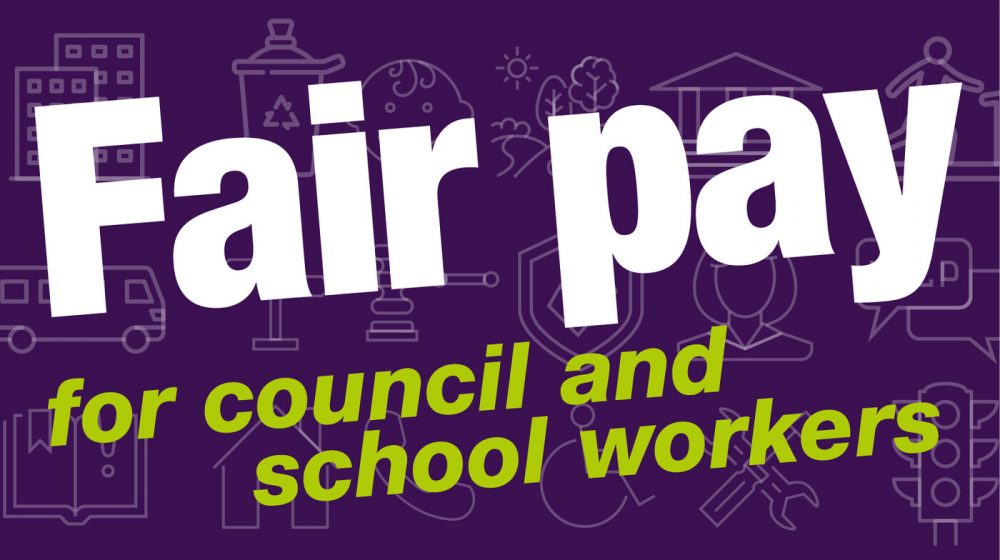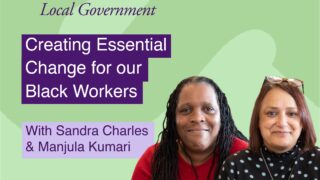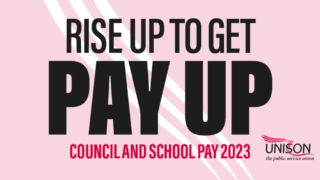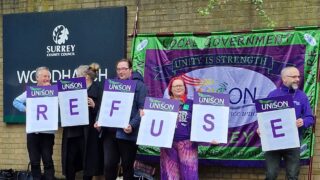When local government employers met earlier this week to issue their revised pay offer of 1.75% – an increase of 0.25% that UNISON regards as ‘insignificant’ – they did so against a backdrop of growing discontent over a proposed increase that fails to reflect the hard work and sacrifices made by council and school workers during the pandemic.
When asked about the original 1.5% offer, our recent survey showed that over 2 in every 3 respondents (63% of completed responses) would reject that pay offer – a figure that will only rise if inflation continues to bite, bills become harder to pay, and the already-overdue process of securing fair pay drags on.
After all, it was mid-May before the employers involved in negotiating NJC pay even responded to the pay claim submitted for the 2021/22 pay year. Already unduly delayed until after the council elections, the offer for local government and education staff who had done so much to support their communities during the pandemic was far below what was asked for by UNISON and other trade unions – not to mention the rate of inflation. In June, this figure sat at 3.9% RPI.
To make it clear: if you work in an NJC employer, a 1.75% offer means another real terms pay cut for you and your colleagues. This is because the cost of living is going up much faster than your pay. As prices increase, you can buy less and less.
Since then, across the South East, UNISON activists and organisers have been talking to their colleagues about pay. In Hampshire, UNISON members in Southampton District, New Forest District, and Eastleigh branches took part in a survey that asked how they felt about the employers’ original 1.5% offer. The results won’t be a surprise to anyone working in the sector:
- Almost 2 in 3 of respondents (63% of completed responses) indicated that they would reject the current pay offer.
- Over 2 out every 5 respondents (43% of completed responses) would take action to improve the pay offer.
- In a sector where industrial action is very much a last resort, over 1 in 3 respondents (38% of completed responses) would be confident or very confident about undertaking industrial action if this was what it took.
Neil Duncan-Jordan, the UNISON Regional Organiser working with the branches involved in the survey, said:
‘There’s already a lot of good will being burnt by this. Our members have had a really hard year or so, and now they’re being rewarded with another real terms pay cut. I’m not surprised that so many are willing to reject the offer.’
When asked what message he had for the employers meeting this week, he added:
‘What I’d say to the employers’ side is this: listen to your staff and understand their experiences, acknowledge their hard work and reward their dedication. Then stop eroding their standard of living and make a fair pay offer!’
UNISON’s NJC committee met again on 28 July and agreed to launch a consultation, recommending that all affected members vote to reject the pay offer.
The consultation will launch in August.
You can find more about UNISON’s campaign to win fair pay for school and local government workers on our website.







